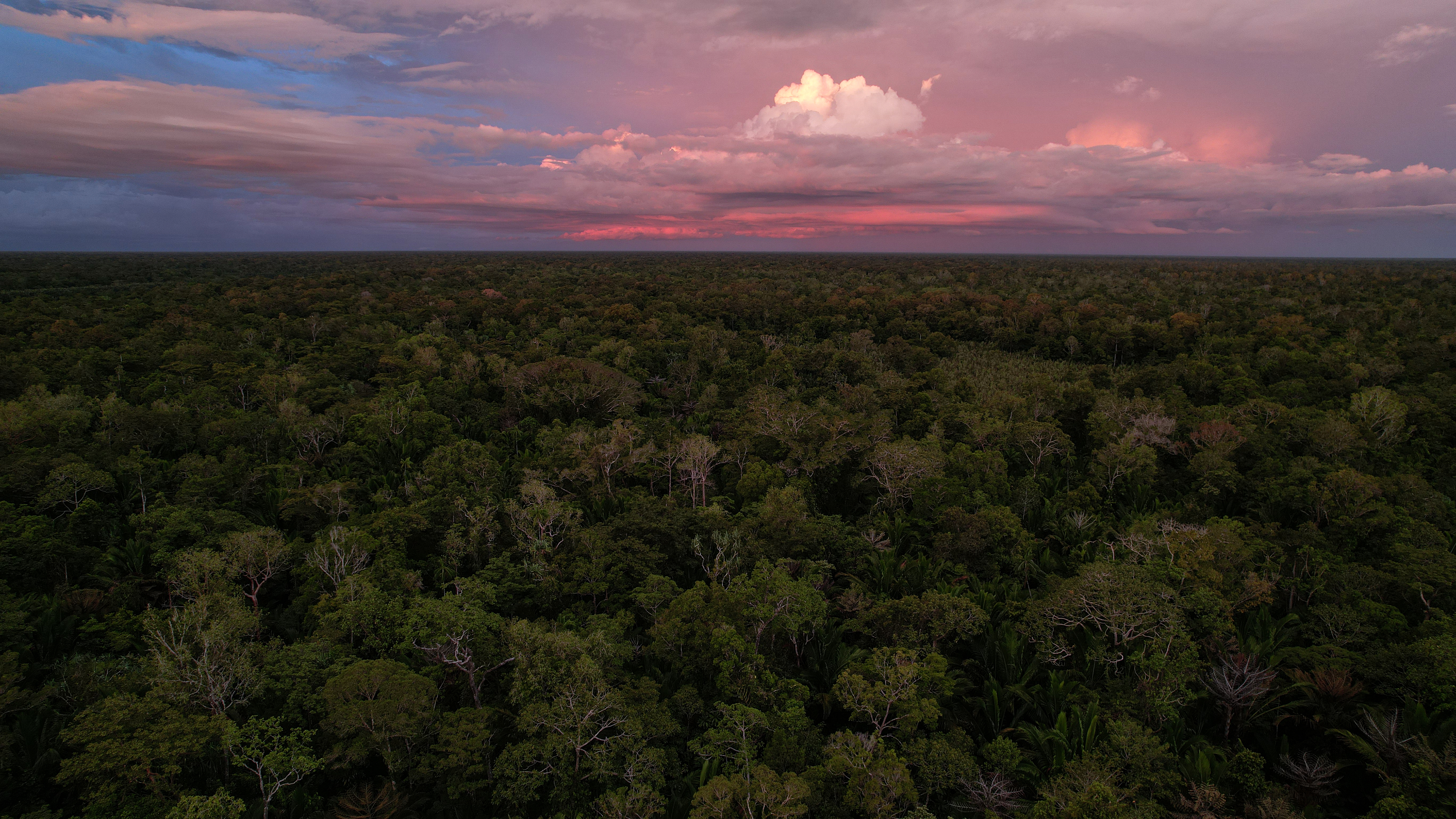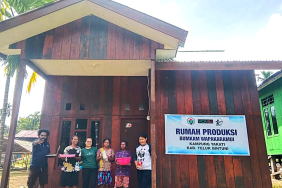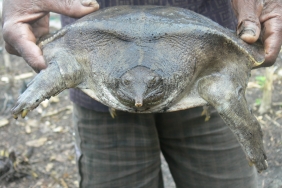WOMEN'S ROLE IN CONSERVATION IN PAPUA
The role of women in all forms of activities is very important. Seeing the role of women in the social, economic, and ecological fields as a driving force in improving family welfare, WWF initiated a shared learning series themed "Women and Conservation". WWF Indonesia - Papua Program conducted the Traning of Trainers (ToT) and Shared Learning activity "Women and Conservation - Women as Agents of Change in the People's Economy." This activity was held for three days, May 4-6, 2015 in Merauke.
This activity was attended by representatives of women from the assisted areas of WWF Indonesia- Papua Program in Merauke, Cenderawasih Bay National Park, Jayapura Regency, Wamena, Mappi, and Asmat along with WWF staff who became facilitators in each region. This learning series is part of the women's empowerment program prioritized for the eastern region of Indonesia, especially East Nusa Tenggara (NTT), Maluku, Kei Islands, and Papua. This activity aims to deepen knowledge about the role of women in conservation areas where WWF works, mapping conditions and potentials, strengthening women's voices in conservation policies.
The approach that needs to be prioritized in this learning series is not an exclusive approach but an empowering approach for women whose voices and aspirations have not always been heard or accommodated properly. An 'empowering'approach for women is one in which meetings and discussions are designed in such a way as to allow women to come together and discuss together about the problems faced, and formulate solutions and recommendations according to the perspectives and viewpoints of women's interests or needs.
The 'empowering' approach is an approach that creates a space for discussion and learning for and with women with the aim of strengthening women's bargaining position and voice to be able to participate and contribute to the decision-making process related to the management and utilization of natural resources.
WWF has so far adopted a policy on gender equality in conservation. Therefore, WWF also adopts this approach to support and strengthen the role of women in the world of conservation and sustainable development. More specifically, the joint learning series on women and conservation is expected to be an opportunity to add skills and improve the capacity of mentoring and facilitation that is 'empowering' for field staff and open up opportunities to form learning networks with partners.
Paschalina Rahawarin - Southern Papua Leader, WWF Indonesia explained, "This workshop involves women representatives from farmer groups, fishermen, and art crafters from Papua, West Papua, Kei, Maluku, and NTT. They are all WWF partners who have been actively running household economic improvement activities and also understand the importance of environmental conservation. They learn together and exchange experiences."
In more detail, this joint learning series is aimed at: conducting joint learning to increase women's economic alternatives in conservation areas to support sustainable development, increasing the ability of both women participants and community leaders in their respective areas and WWF staff as facilitators and assistants in the field. In addition to learning and capacity building, this learning series is also expected to help strengthen the role and potential of women as economic and ecological actors in sustainable development in their respective regions and formulate several recommendations to strengthen social, financial, economic and ecological conditions to optimally support the role of women in the natural resource and conservation-based economy. (Andhiani M. Kumalasari)





